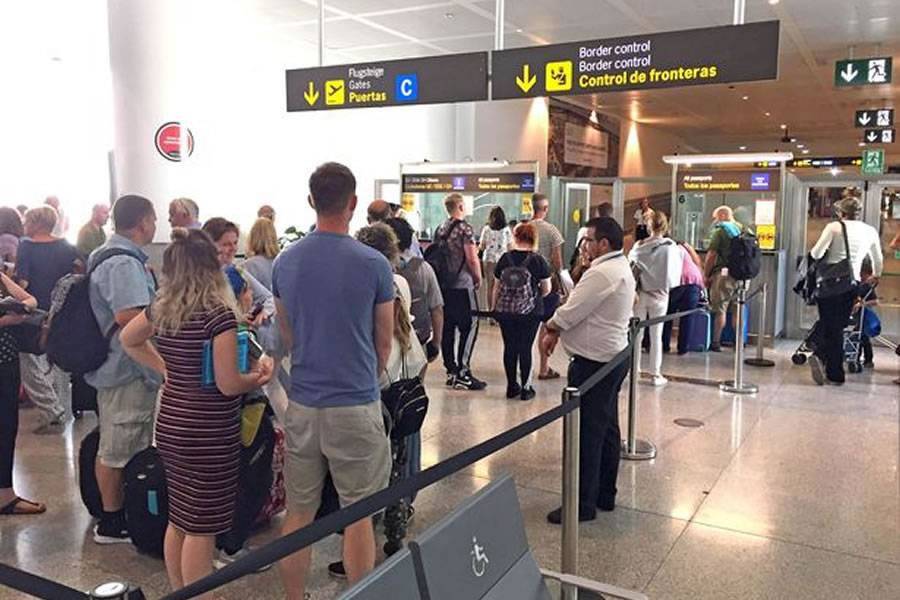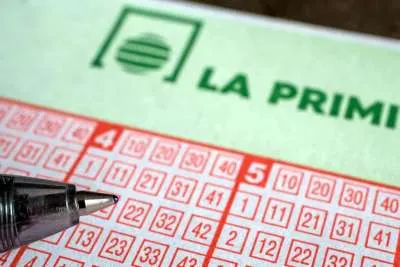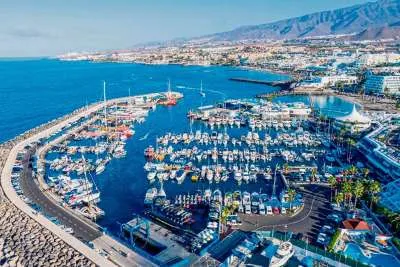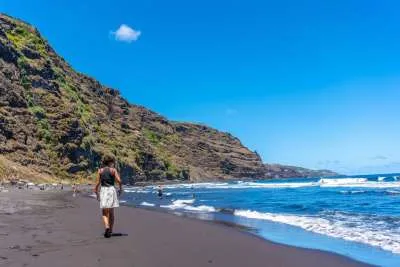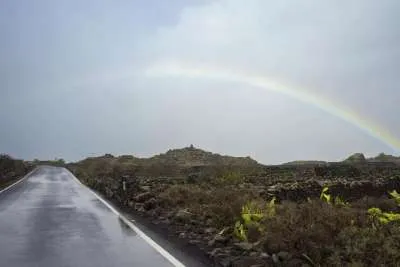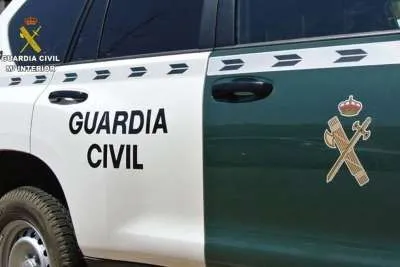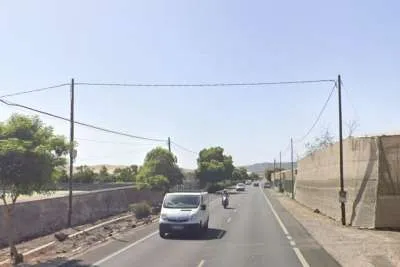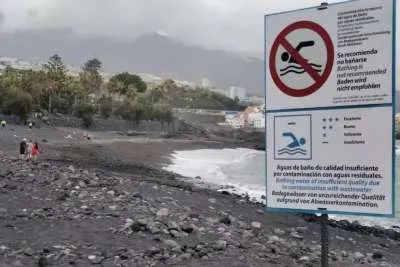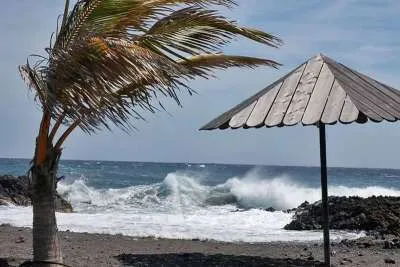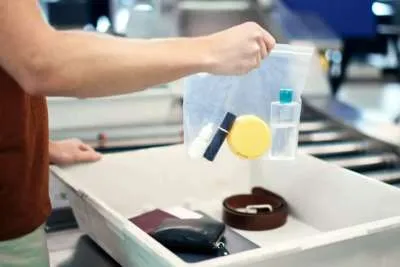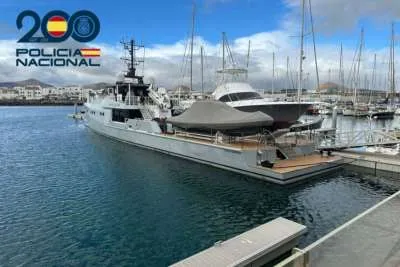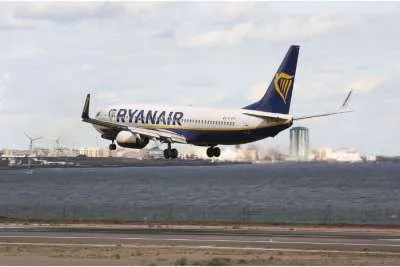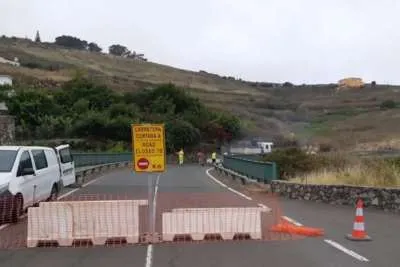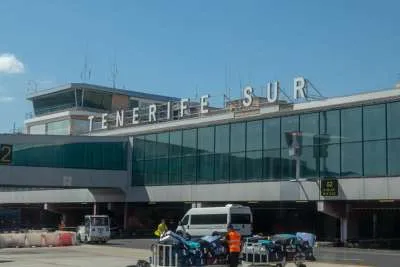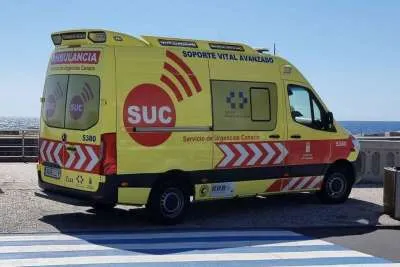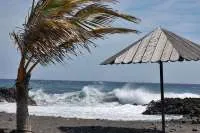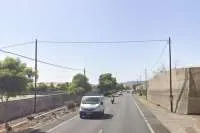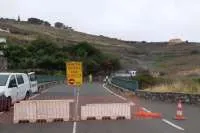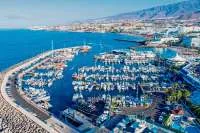5 questions Border Control Officers may ask you upon arrival in the Canary Islands
- 13-06-2023
- Travel
- Canarian Weekly
- Photo Credit: Stock image
Getting a Schengen Visa for travelling to any of the 27 Schengen Area countries is the most difficult part of a trip to Europe, but fortunately, travellers from the UK, and 60 other Visa-free countries, don’t have to get one. However, this doesn’t mean you will be allowed entry without being asked certain questions and meeting certain criteria.
As SchengenVisaInfo.com explains, it is a rule that upon reaching any of the EU and Schengen countries from a third country, including the UK, visitors may be pulled to one side and asked a few questions at passport control regarding their trip. Sometimes, there are no questions at all, and sometimes, there are just too many questions that travellers are not always prepared or able to answer.
After interviews with travellers, Schengen Visa Info has compiled a list of the most commonly asked questions by officers at EU external borders, which includes Spain and the Canary Islands:
1 What Is the Purpose of Your Trip?
Usually, the first question that you will be asked upon arrival in any of the Schengen Area countries, either by land, air, or sea, is regarding the reasons behind your trip.
The question might be formulated differently, but its purpose is always the same. The border officers want to know the intention behind your visit before they proceed to ask other questions that they might believe are necessary to ask in order to make sure of the purpose of your visit, and that you do not present any risk to the country you are visiting.
2 Where Will You Be Staying?
One of the main requirements for travellers from third countries, including the UK, is showing proof that they have booked somewhere to stay in the country they plan to visit for their entire stay.
This requirement is to make sure that the Member States won’t have a situation of “homeless tourists” or “campers” at local and national parks that would disrupt the way of life of their residents.
Travellers reaching the external borders of the Schengen countries might be asked about where they plan to reside during their stay in their territory. Travellers might also be asked to show proof of their place of stay.
3 Do You Have Travel Insurance?
Another very common question is regarding travel insurance. The Member States want to make sure that travellers visiting their territory are properly insured, and in case of any health troubles, their insurance will cover them, without the visitors having to spend hundreds or even thousands on treatment.
All those reaching the EU borders need to have a confirmation of travel health insurance, in case they are asked by the police officers about it. From the UK a GHIC or valid EHIC card is still sufficient, but a purchased travel insurance policy is also recommended.
4 Do You Have a Return Ticket?
One of the most common questions that travellers are asked upon reaching the EU is whether they have a return ticket to their home country, or an onward ticket to another third country, once their trip in the Schengen Zone ends.
While some travellers may not be asked for proof of the ticket, others might be, so it is best to be prepared in case such a thing happens, even if it is just having a copy on your phone.
5 How Will You Support Yourself During Your Stay?
The EU authorities want travellers to be able to support themselves financially during their stay, so travellers are often asked if they have enough money for their planned trip. Cash and credit cards are a good way to prove one has the needed means of subsistence to cover their needs.
It must be noted that each Member State has a different minimum amount required per day for travellers to have during a trip. For example, in Spain, you are advised to have a minimum of €100 to spend per day if you are staying at a hotel or other similar accommodation, whereas in Portugal you need at least €40 for each day.
What Happens If a Traveller Does Not Have Evidence to Support Their Answers?
Travellers that do not have evidence to support their answer may encounter difficulties entering the country they are travelling to.
If they fail to produce evidence, they might be taken aside for further questioning, and in some cases, they might even be rejected entry, and sent back home on the first available flight, bus or ship, depending on the means of transport they used to reach the country.
As they said, not everyone is being asked these questions, but forewarned is forearmed.
Other articles that may interest you...
Trending
Most Read Articles
Featured Videos
TributoFest: Michael Buble promo 14.02.2026
- 30-01-2026
TEAs 2025 Highlights
- 17-11-2025


